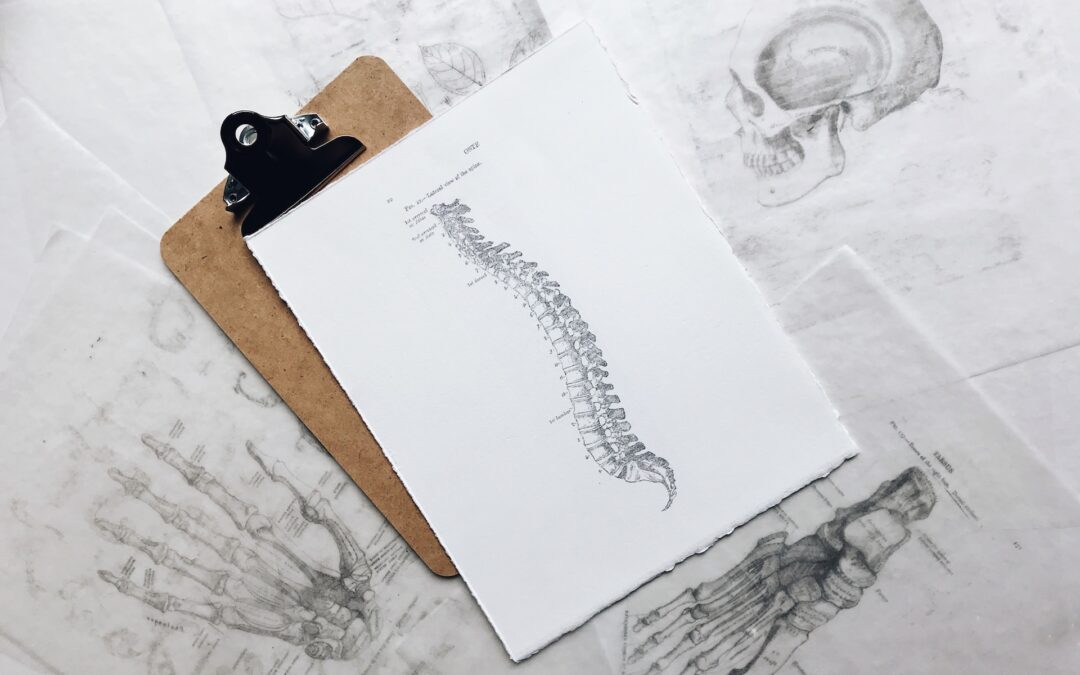
Common Mistakes to Not Overlook During Injury Recovery
Injuries are a natural part of life that we all experience occasionally. You must implement a clear rehab plan, whether sustained on the sports field or around the home.
A doctor or physiotherapist is the best person to tell you which exercises should be completed during this time. In truth, though, following them as instructed is only one ingredient in the recipe for success. If you want the road to recovery to be as smooth as possible, avoiding the common pitfalls is equally essential.
Here are some common mistakes you should know about and the best ways to overcome them.
Not allowing your body time to rest
When the body has encountered damage due to a physical injury, it needs time to recuperate. Establishing healthy sleep patterns at night should be the top item on your agenda. You will want to raise and support the injured body part where necessary.
As well as getting enough sleep, you must rest your body throughout the day. Thanks to pharmaceutical packaging companies, you can now find easily opened painkillers. You can manage pain and inflammation even when your injury has made it hard to see or open certain packaging types.
Whether you have a broken bone, pulled ligaments, or a burn doesn’t matter. A period of rest will provide the perfect platform to build upon. Conversely, all subsequent stages will be unnecessarily more complicated if you overlook this journey step.
Expecting the body to naturally repair itself
It can be easy to assume that an injury will take care of itself. While the human body will try to naturally repair itself, it often can’t restore true normality without medical interference. The longer you leave an issue untreated, the harder it is to fully recover.
Early recognition of the injury and treatment plans will be crucial for recovery. Otherwise, the injury may worsen or spread to other areas. Speaking to a physical therapist allows you to prevent further damage. Only then can you start to build your way back to total health.
You wouldn’t try to repair a leak without stopping it first. Try to think of your body similarly, and you’ll understand why action is needed. Besides, professional advice will give you confidence regarding the subsequent phases.
Not investigating the root cause
Knowing you have an injury is one thing, but understanding why you have it is another altogether. In some cases, such as impact injuries, you’ll probably have a clear insight into how the injury occurred. If you don’t, though, it’s vital that you investigate it.
Injuries may be caused by poor posture, underlying health conditions, or a lack of protection. Investigating the issues that have caused the injuries will allow you to develop a recovery plan built for long-term success. Moreover, it should enable you to take precautions to avoid repeat injuries.
Knowledge is power, not least when thinking about ways to support your body’s natural recovery. And if there is an underlying issue, the opportunity to treat this will significantly reduce the risk of future injuries.
Following the same diet
Nutrition plays a crucial role in your life at all times. Sadly, many people fall into the trap of following the same diet despite the huge lifestyle contrasts caused by injuries. The negative influence may make things far tougher when you eventually return to fitness.
You will likely burn fewer calories due to reduced exercise and fewer steps taken during the day. Reducing your food intake to reflect this is advised. However, it’s equally important to remember that a body in active recovery will burn more calories than one at rest. So, you must not fall into the trap of undereating.
Crucially, you must get the proper nutrients to support your physical recovery. Eating fruits, vegetables, and supplements will help you achieve this. When combined with suitable hydration levels, you won’t go far wrong.
Not talking about your concerns
Suffering an injury doesn’t only take a toll on the body. It also has a significant influence on your mindset. This is because you are limited on what you can do, will experience daily discomfort, and may see social interactions become limited.
It can feel lonely, but it doesn’t have to be that way. Speaking to friends and relatives about how you feel instantly lifts a weight from your shoulders. Or you could talk to a mental health expert with experience helping people through situations like yours. As well as listening to you, they can teach you to handle the situation.
Another option is to connect with others that have experienced similar situations. You can do this via local groups or online forums. Knowing you’re not alone can make the road to recovery feel far less bumpy.
Ignoring the financial impacts
Another source of problems during this challenging time stems from the financial repercussions. If your medical insurance doesn’t cover the expenses, your treatments and lifestyle adjustments can soon burn a hole in your pocket.
Speaking to your medical provider about insurance claims is essential. They should be able to guide you through the process. Or if you were injured in a road accident or workplace incident, you may want to pursue legal action. Aside from financial compensation, it will deliver the justice needed to draw a line under the situation.
When you are no longer preoccupied with money worries, you can focus on your recovery. Missing out on treatments or other forms of support due to financial barriers should never be an outcome. However, only you can take control of the situation.
Misusing common treatments
As our knowledge of the human body evolves, it becomes clear that some ideas must be updated. Or, at the very least, the methods used must be adapted to reflect your situation. Crucially, following the same processes as someone else could bring limited results.
For example, using ice baths can be great for recovery. However, you must adapt the strategy to match the injury recovery phase. Similarly, you should avoid taking antioxidants to reduce oxidative stress during this time. Sometimes, you have to let your body encounter difficult stages as a part of the overall recovery.
Meanwhile, it’s probably best to avoid fad plans or viral trends you’ve seen. Otherwise, one wrong move could potentially cause more harm than good. Before introducing any new technique, you should speak to your medical expert.
Rushing back to exercise
Following the initial rehabilitation stages, you will naturally be eager to return to a more active lifestyle. Unfortunately, a lack of patience could cost you dearly, as rushing the process can increase the risk of recurring injuries.
It should also be noted that the body’s attempts to compensate for the current fragility may put other body parts at risk. When looking at the dos and don’ts of exercising with a back injury, for example, it’s clear that easing back into things with low-impact exercise is vital. This is a good rule of thumb for any injury.
This approach allows your body to build back up to its former strength and fitness. Conversely, if you try to push through the pain, there’s a strong chance that your enjoyment levels will significantly fall, too.
Focusing solely on strength
From dedicated rehab exercises to standard gym sessions, focusing on rebuilding the lost strength may be tempting. Aside from making you feel stronger, it may help you feel less susceptible to recurrent injuries. But you must pay attention to motion and movement.
Restoring the entire movement of a joint or muscle is equally crucial for several reasons. It restores the full range of motion and provides added stability to the injured body part. Increased blood flow and circulation will aid the natural healing process. This is why you should introduce movement back into your life as soon as the initial inflammation passes.
Your muscles will need time to recuperate after strength training, too. Incorporating days focused on movement and motion will make this easier to achieve. Keeping your mind engaged with a variety of exercises is another hidden bonus.
Not wearing supportive attire
Depending on the type of injury you’ve suffered, many supportive items may be suitable for you to use. This can range from accessories worn during exercise to daily clothing until full strength and motion are restored.
Some examples include ankle supports, back braces, and finger grips. Alternatively, you may need to change your footwear during exercise to support your core. With this in mind, it is worth speaking to an expert who can find the proper attire and accessories for your needs. It can aid comfort and your recovery.
The impact can be huge, whether it’s a temporary measure or a permanent adjustment to your workouts. For your health and happiness, this can be one of the most significant steps of all. You’ve got this.






